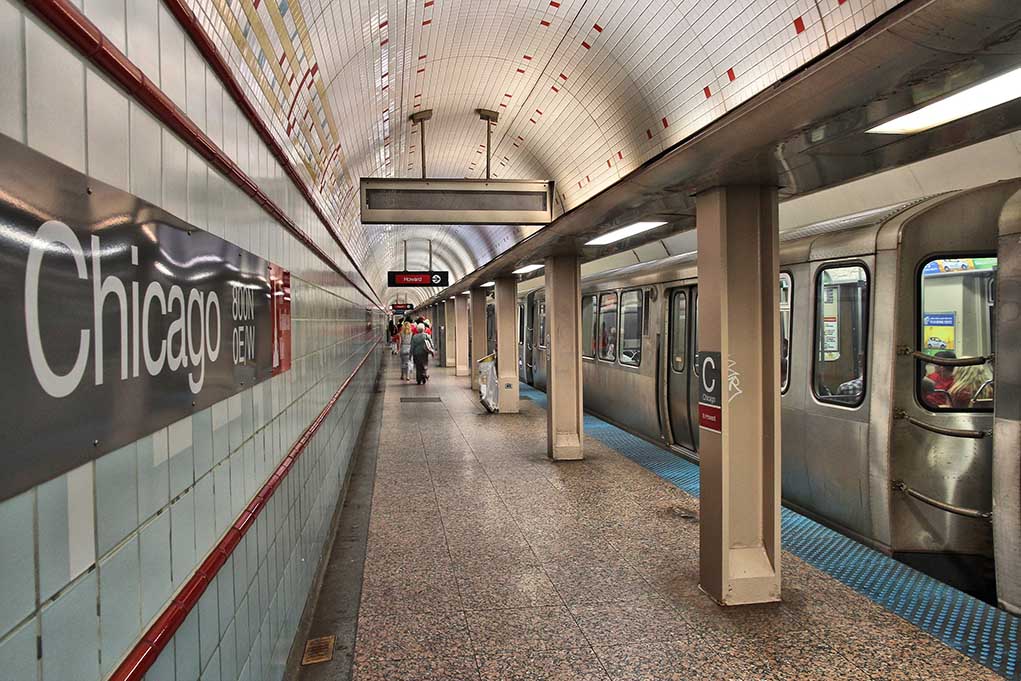
Chicago Mayor Brandon Johnson’s “Black hiring” comments spark federal Civil Rights investigation as his approval rating plummets into the low teens amid controversy over apparent race-based employment practices.
Key Takeaways
- The Department of Justice’s Civil Rights Division is investigating Chicago Mayor Brandon Johnson’s hiring practices for potential violations of Title VII of the Civil Rights Act of 1964 following his public comments about prioritizing Black hires.
- Johnson defiantly defended his administration’s diversity makeup (34% Black, 30% white, 23% Hispanic, 7% Asian) while dismissing the DOJ investigation as “tyranny” from the Trump administration.
- Legal experts question the DOJ’s jurisdiction, noting political appointments may not be subject to employment discrimination laws that apply to career civil service positions.
- The investigation comes at a politically vulnerable time for Johnson, whose approval rating has fallen to the low teens amid growing criticism of his administration’s performance.
DOJ Launches Civil Rights Investigation into Chicago’s Hiring Practices
President Trump’s Department of Justice has launched a formal investigation into the City of Chicago’s hiring practices under Mayor Brandon Johnson, targeting potential violations of Title VII of the Civil Rights Act of 1964. The probe was triggered by Johnson’s own public statements suggesting a preference for hiring Black individuals in key positions. The DOJ’s Civil Rights Division sent a formal notice to Chicago officials requesting extensive documentation of hiring decisions, position descriptions, applicant demographics, and other employment records to determine whether race became an illegal determining factor in the city’s employment practices.
The investigation appears to be focused on comments Johnson made at a Black congregation, where he emphasized his administration’s hiring of Black officials. Johnson’s statements raised immediate legal concerns about potential discrimination against non-Black applicants, particularly in a city where the demographic breakdown shows a diverse population: 39% white, 29% Latino, 28% Black, and 7% Asian. The DOJ is examining whether qualified candidates of other races were overlooked in favor of Black appointees based solely on racial considerations.
Johnson Defends Diversity Record While Attacking Trump Administration
Mayor Johnson has responded to the investigation with defiance, characterizing it as politically motivated and an attack on diversity efforts. In a recent press conference, Johnson defended his administration’s demographic composition, insisting that his team reflects Chicago’s diverse population and that his hiring practices serve all residents. He provided a demographic breakdown showing his 105-member staff includes 34% Black, 30% white, 23% Hispanic, 7% Asian, and 5% of two or more ethnicities – figures that roughly align with the city’s overall demographics, albeit with a slightly higher Black representation.
“The deputy mayor is a Black woman. The Department of Finance Development is a Black woman,” Johnson stated, highlighting key positions held by Black women while defending his administration’s diversity credentials.
Johnson has pointedly criticized the investigation as politically motivated, directing criticism at President Trump’s administration: “We’re not going to be intimidated by the tyranny that’s coming from the federal government. The diversity of our city is our strength,” Johnson declared, attempting to frame the investigation as an attack on diversity rather than an examination of potentially discriminatory practices.
Legal Questions and Political Vulnerability
Legal experts have raised questions about the DOJ’s jurisdiction in this matter, suggesting that political appointments – as opposed to career civil service positions – may not be subject to the same employment discrimination laws. Johnson himself pointed to this potential legal defense, arguing that his appointments represent his political prerogatives rather than general employment decisions subject to Title VII restrictions. This legal distinction could prove crucial as the investigation unfolds, potentially limiting the DOJ’s ability to take enforcement action.
“There are some detractors that will push back on me and say, you know, ‘The only thing the mayor talks about is the hiring of Black people.’ No, what I’m saying is, when you hire our people, we always look out for everybody else. We are the most generous people on the planet. I don’t know too many cultures that have play cousins,” Johnson stated in comments that initially drew scrutiny for their apparent racial focus.
The timing of this investigation is particularly problematic for Johnson, whose approval rating has plummeted to the low teens according to recent polls. Johnson already faces criticism for his handling of Chicago’s persistent crime problems, ongoing fiscal challenges, and his management of the migrant crisis. The addition of a federal civil rights investigation further weakens his political standing and raises questions about his administration’s commitment to equal opportunity in a diverse city where multiple communities demand equitable representation and treatment.




